Editor’s Note: Over the coming months as Britain Brexits from Europe, we’ll be reporting from Romford, a town that overwhelmingly voted Leave in the June 23 referendum.
French macarons, Portuguese tarts and Spanish cream buns are being carefully served to white-haired pensioners gossiping over afternoon tea at a local patisserie.
The staff are as European as the cakes they’re serving, but the cafe is in Brexit-voting Havering.
Seventy percent of people in the London borough voted to exit the EU, making it one of the places with the highest percentage of Leave voters across the UK.
As the British government returns from its summer break to thrash out a Brexit plan and Theresa May restates her intention to get the best deal possible, we speak to Europeans living in the borough of Havering two months after the vote to see if their lives have changed.
Read more: The British town that really wants to leave Europe
THE SPANISH PASTRY CHEF
Samantha Santiago, 31, from Spain has lived in the UK for five years.
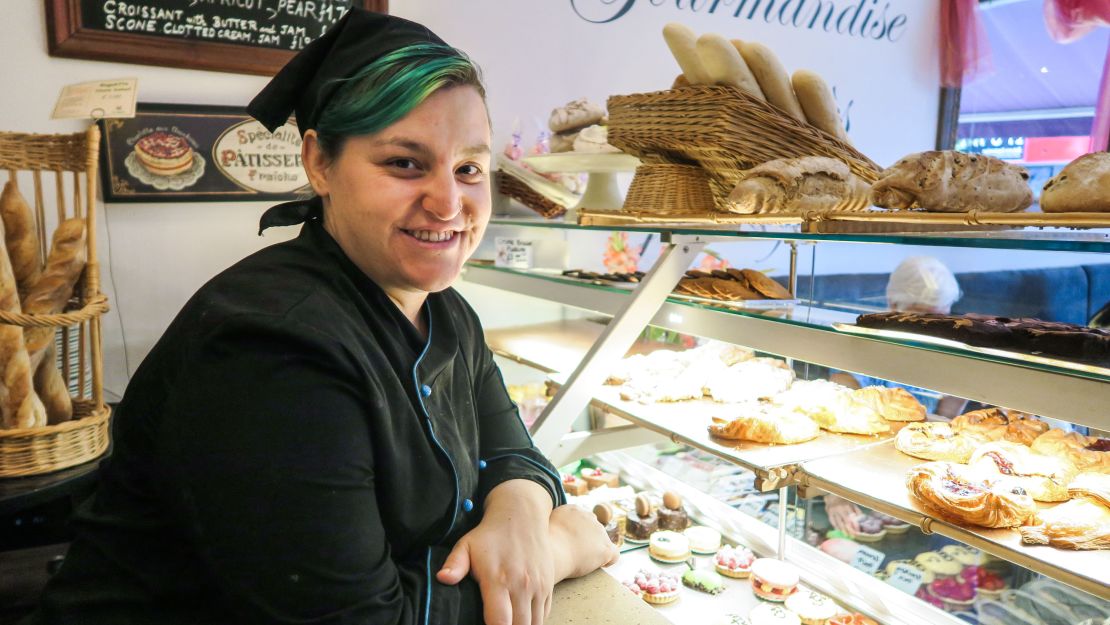
“I never had any problems here, but my friends have,” said Samantha Santiago, who worked in central London hotels before moving to a patisserie in Havering last month.
“One friend was on the bus talking with her mum on the phone – the driver turned to her and said ‘if you want to speak your f**king language, go up the stairs.’”
Santiago says if she was forced to get a visa to stay in the UK, she wouldn’t do it.
“I can always move to another country,” she adds with a shrug.
Read more: Is the Brexit honeymoon over?
THE ROMANIAN STUDENT
Andreea Ababei, 23, is an engineering student from Romania who has been working in a cafe for three months.
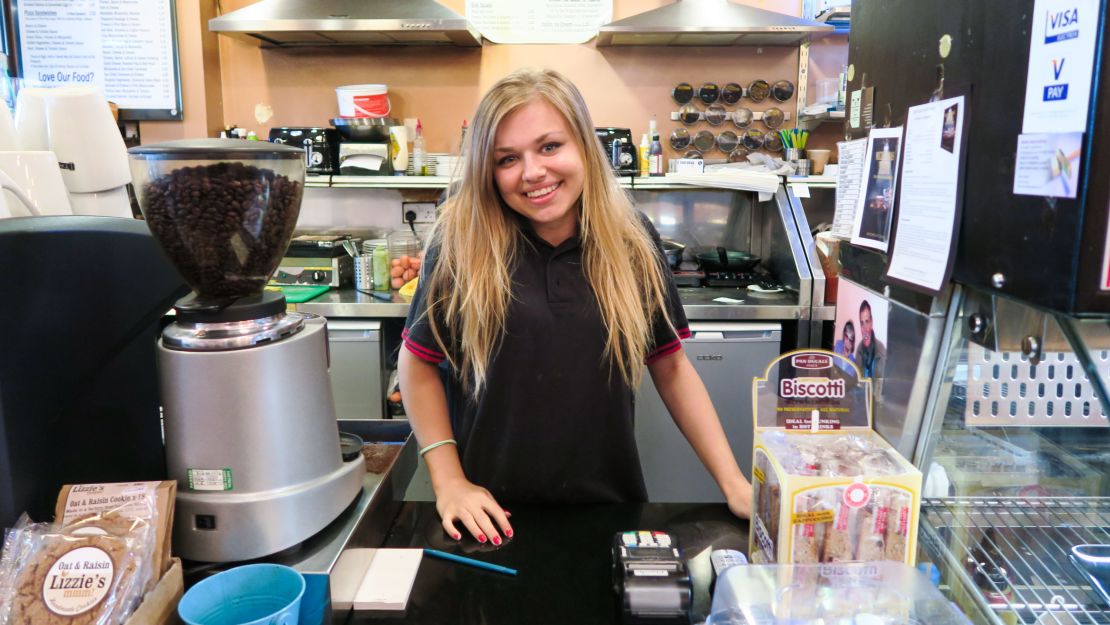
“You may laugh, but I support Brexit,” said Andreea Ababei, who is working as a waitress in Romford’s “Italianissimo” cafe over summer, while she raises money to continue her studies in Romania.
“The UK is its own country and it has its own economy,” she says.
“You don’t need something bigger like the EU to tell you what to do. So if they want to be independent, I support that,” continued Ababei, who is staying with her uncle in Havering.
However, Ababei also believes the vote has given Britons an excuse to treat immigrants badly. Her uncle was told by bosses his salary would be cut.
“But the workers protested and the cut didn’t happen.”
THE POLISH SHOPKEEPER
Robert Trojanek, 39, owns “Sami Swoi,” a Polish grocery store, and has lived in the UK for 20 years.
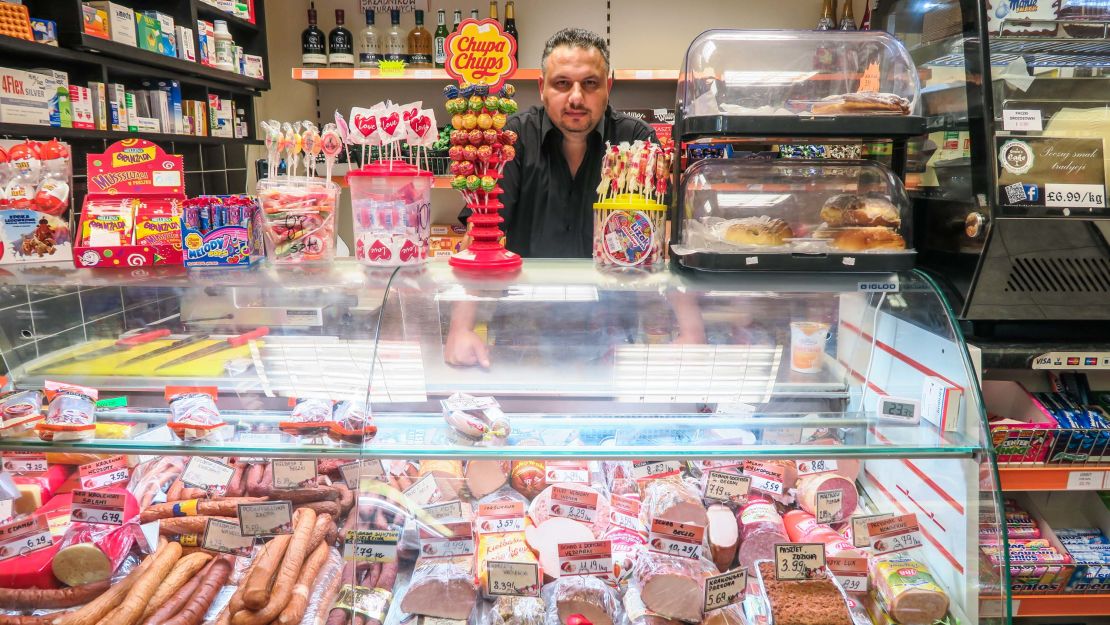
“For my shop, Brexit is going to be terrible,” said store owner Robert Trojanek, who imports all his goods from Poland. “I’ve been talking to wholesalers, but none of us know what’s going to happen.”
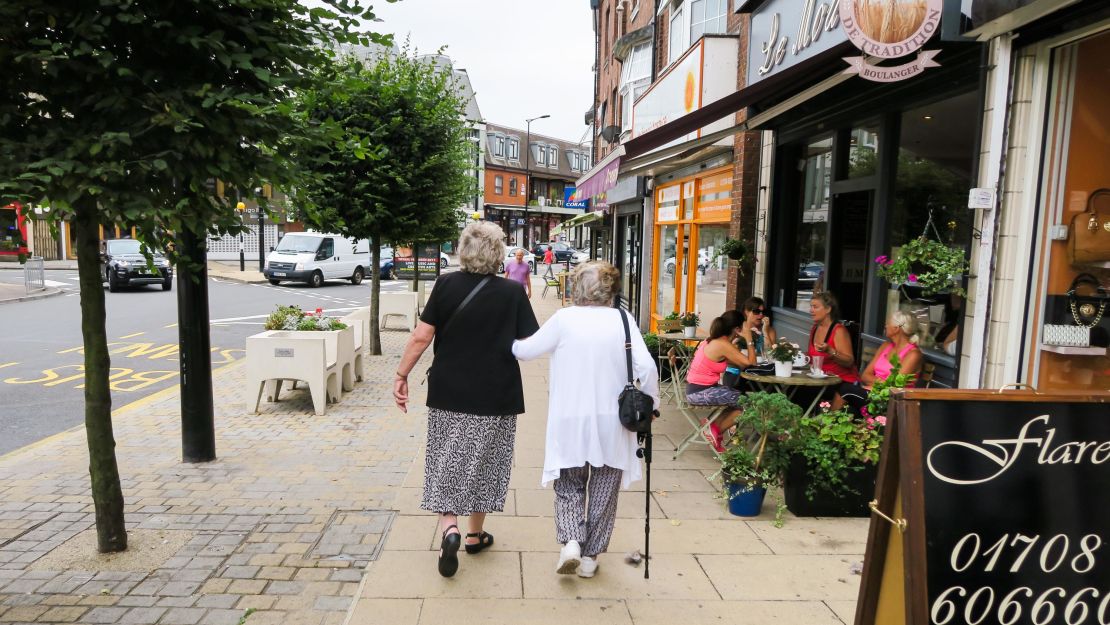
Trojanek hasn’t seen any difference in people’s attitudes towards him or his family since the referendum. But the father-of-two is concerned about how his children would cope with a possible move back to Poland.
“Both my children were born here, they’ve lived here their whole life,” he said. “They’re worried about school, leaving their friends.”
THE FRENCH CAFE OWNER
Helene Hezeques, 40, from France, has lived in the UK for 20 years.
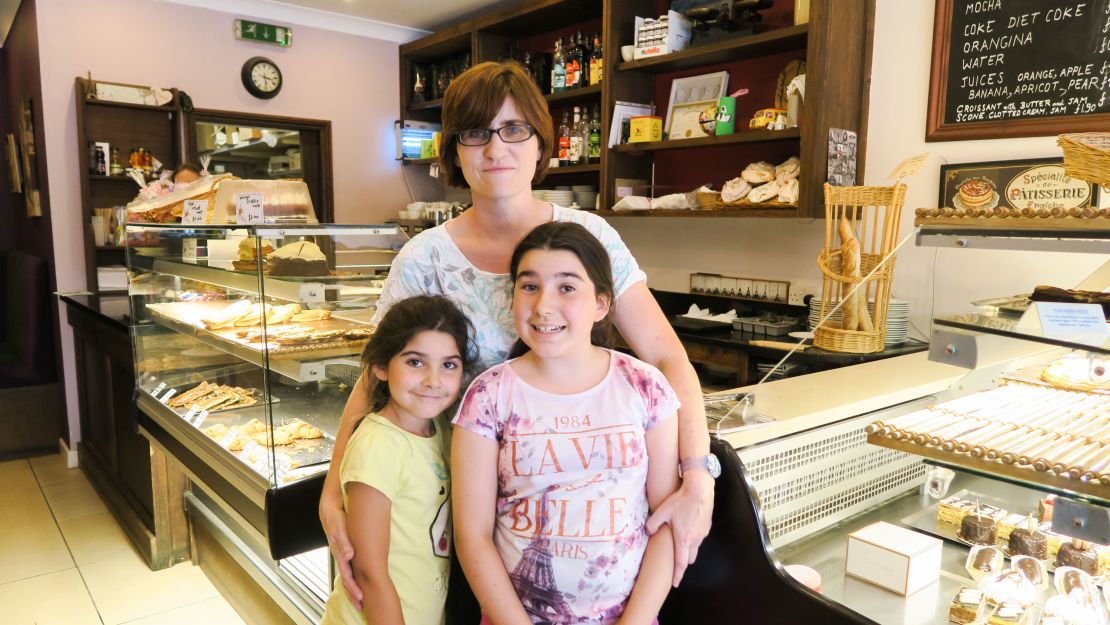
“When they first had the Brexit vote, people changed,” said Helene Hezeques. “People we never met before were coming into the shop and saying ‘So what’s going to happen to you? Are you going to leave?’”
“It made me feel like a foreigner again,” continued Hezeques, whose two young girls were both born in the UK. “How long do we need to be in this country before we’re accepted?”
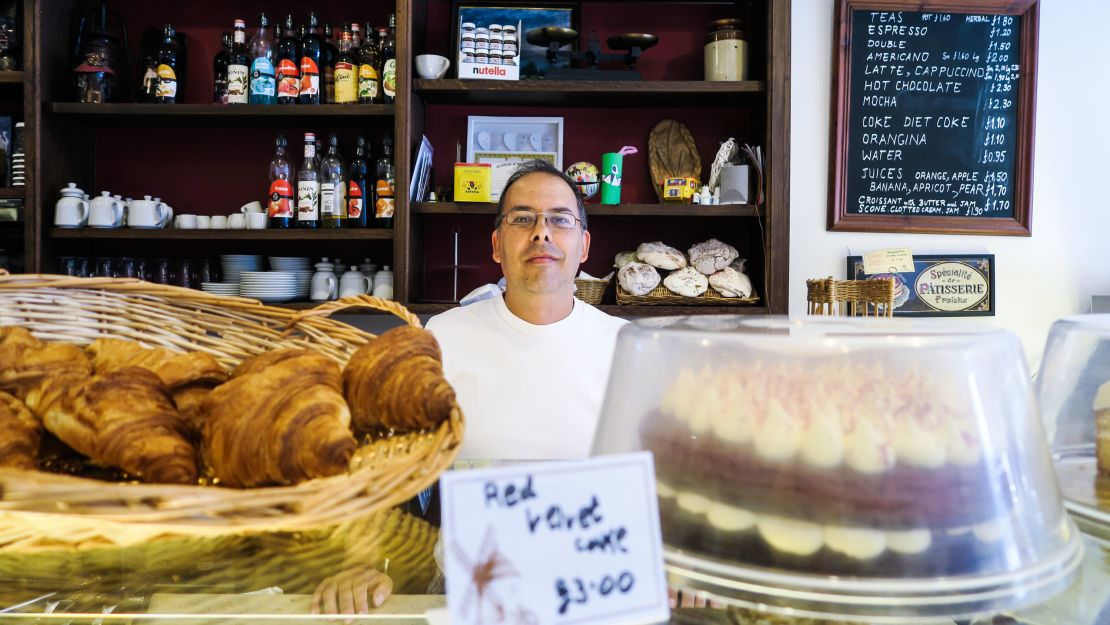
“Suddenly we were not ‘Helene and Serge’ anymore,” she says, referring to her husband.
“We were ‘French and Portuguese.’”






